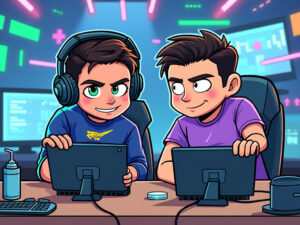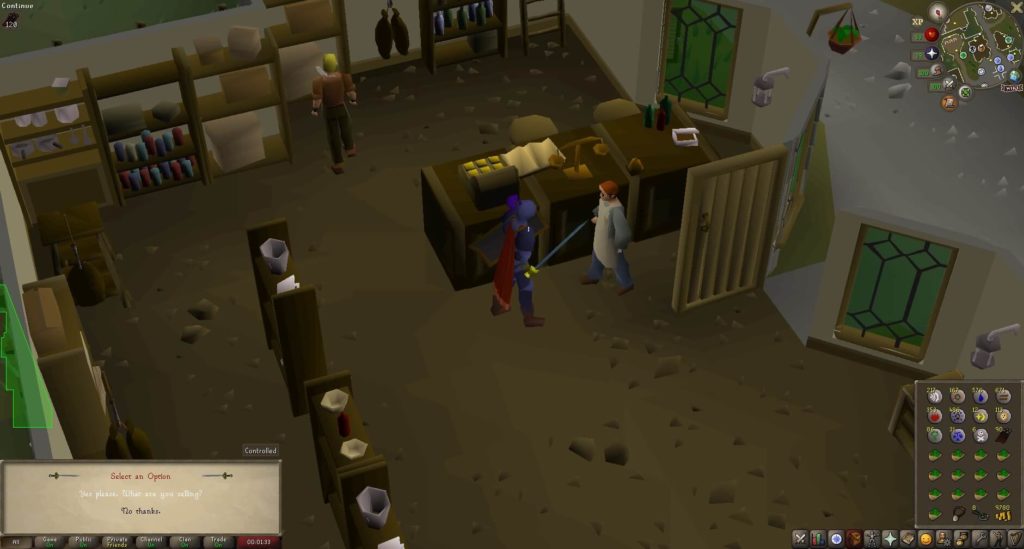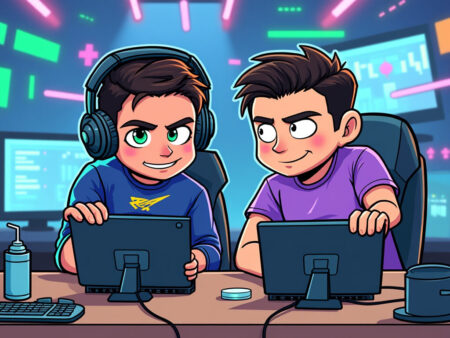This article may contain affiliate links. A purchase after clicking through them supports us at streamersplatform.com as we will receive a small commission without additional cost to you.
The gaming industry is constantly evolving, and one of the biggest recent developments has been the rise of artificial intelligence (AI) in gaming. AI-powered games can provide more immersive and challenging experiences for players, and can even learn and adapt to players’ behaviors over time.
Enter ChatGPT, an AI language model developed by OpenAI. ChatGPT is based on the GPT-3.5 architecture and has been trained on an incredibly large dataset of text, making it one of the most advanced language models available today. But what does a language model have to do with gaming, you may ask? Quite a lot, actually.
One of the key ways that ChatGPT can help the gaming industry is by providing more natural and realistic dialogue between players and non-playable characters (NPCs). In many games, NPCs serve as quest-givers or merchants, and players often have to interact with them in order to progress in the game. However, the dialogue in these interactions can often be stilted or repetitive, which can detract from the overall gaming experience.
With ChatGPT, game developers can create NPCs that are capable of responding to player input in a more natural and varied way. Because ChatGPT has been trained on a massive amount of text, it can generate responses that are both contextually relevant and linguistically diverse. This means that NPCs can have more realistic personalities and conversational styles, which can make the game world feel more alive and immersive.
But ChatGPT’s capabilities don’t stop there. Because it is an AI language model, it can also learn from player interactions over time. This means that NPCs can adapt to players’ behaviors and preferences, providing a more personalized and engaging experience. For example, if a player tends to be more aggressive in their interactions with NPCs, ChatGPT can adjust the dialogue to reflect that, making the game feel more responsive to the player’s choices.
Another way that ChatGPT can benefit the gaming industry is by helping to create more engaging and challenging AI opponents. In many games, players are pitted against AI-controlled enemies, but these enemies can often feel predictable or lacking in personality. With ChatGPT, game developers can create AI opponents that are capable of generating more complex and varied strategies, as well as more convincing dialogue and behavior.
Overall, ChatGPT represents a major step forward for AI in gaming. Its ability to generate natural and varied dialogue, learn from player interactions, and create more engaging AI opponents has the potential to revolutionize the gaming industry and provide players with even more immersive and satisfying experiences. As AI technology continues to advance, we can expect to see even more exciting developments in gaming, and ChatGPT will undoubtedly be at the forefront of that revolution.






